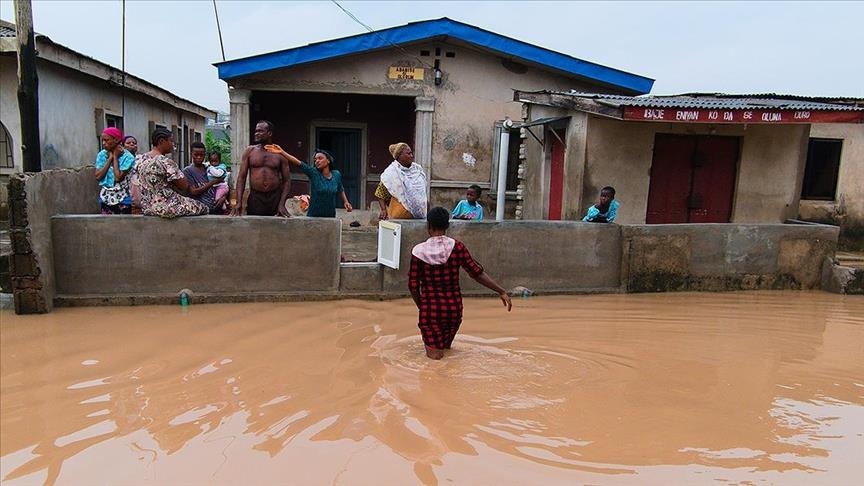With another United Nations Climate Change Conference coming up in Egypt this November, scientists from across Nigeria have raised concerns over what they expect from COP27 this year. Nigeria continues to be heavily affected by global warming, and these experts say “change is necessary.”
In an exclusive interview with Mr. Caleb Odiji, Principal Scientific Officer at the National Space Research and Development Agency (NASRDA), he said, “The impact of the [COP] conference since its inception hasn’t yielded much for developing nations. There is empirical and novel climate change research which could lead to better policy formations, but none have been fully implemented for the benefit of our planet.”
“Africa’s carbon emissions remain the lowest per Capita, but [we] bear the brunt and will most likely face dire consequences due to humongous emissions by highly industrialized nations. This is a cogent matter that demands a prompt response.” Unlike more technologically advanced continents, Africa emits only 4% of the world’s greenhouse gases yearly and seems to be just as affected by global warming as the heavy emitters.
According to Mr. Opeyemi Fatayo, a Geographic Information System (GIS) Analyst and Research Associate at the University of Ibadan, “Africa lacks the adequate infrastructure, expertise, and technical support to cope with the imminent disasters associated with global warming. If Greenhouse Gas reduction commitments become neglected, global warming will affect how much food we produce, the number of lives we secure, and increase more farmer-herder conflicts across the nation because of desertification.”
“If leaders stay committed to their pledges, on the other hand, most of the world’s economies will have net zero emissions by 2070,” He added. The Greenly carbon accounting and management team reports that countries like China (28%), America (18%), India (7%), and Russia (5%) still emit more greenhouse gases than Africa does yearly, even as a continent of 54 countries.
Nigeria has lost over 300 lives to floods this year and has displaced over 73,379 citizens due to global warming. Yusuf Sani Babura, head of the Jigawa State Emergency Management Agency, told reporters in September, “We are facing devastating floods beyond our control. We have tried our best and could not stop it.”
Mr. Odiji added, “African countries have poor adaptive capacities to cope with the dangers of climate change, so we remain highly vulnerable. Richer nations have more money, knowledge, and technological know-how to mitigate the adverse effects of climate change better than developing nations. We expect to see renewed commitments by these leaders to cut down their emissions as soon as possible.” Why? Because after 27 years of active conferencing by COP world leaders on how to combat Climate Change, studies show that carbon emissions have mainly increased.
As of September 30th, 2022, NASA’s official statement on climate change still read, “Scientists have high confidence that global temperatures will continue to rise for many decades mainly due to greenhouse gases produced by human [activity]… magnitudes of warming increase the likelihood of severe, pervasive, and irreversible impacts.”
“I want to believe this year’s conference will be different.” Stated Mr. Ufedo Monday Shaibu, an Agricultural Economist at Kogi State University. “There seems to be some level of consciousness across the globe, perhaps because the negative effects of climate change are becoming more pronounced. There is no way our farmers can recover what they have lost so far, the only solution is to prevent future [Climate Disasters.”
Why is the FDA Allowing Unsafe Drug Imports?(Opens in a new browser tab)
“I expect global leaders to be more proactive [during this conference] and implement relevant programs. There should be more financial contributions for developing countries in Africa because combating climate change is a serious and expensive business.”
